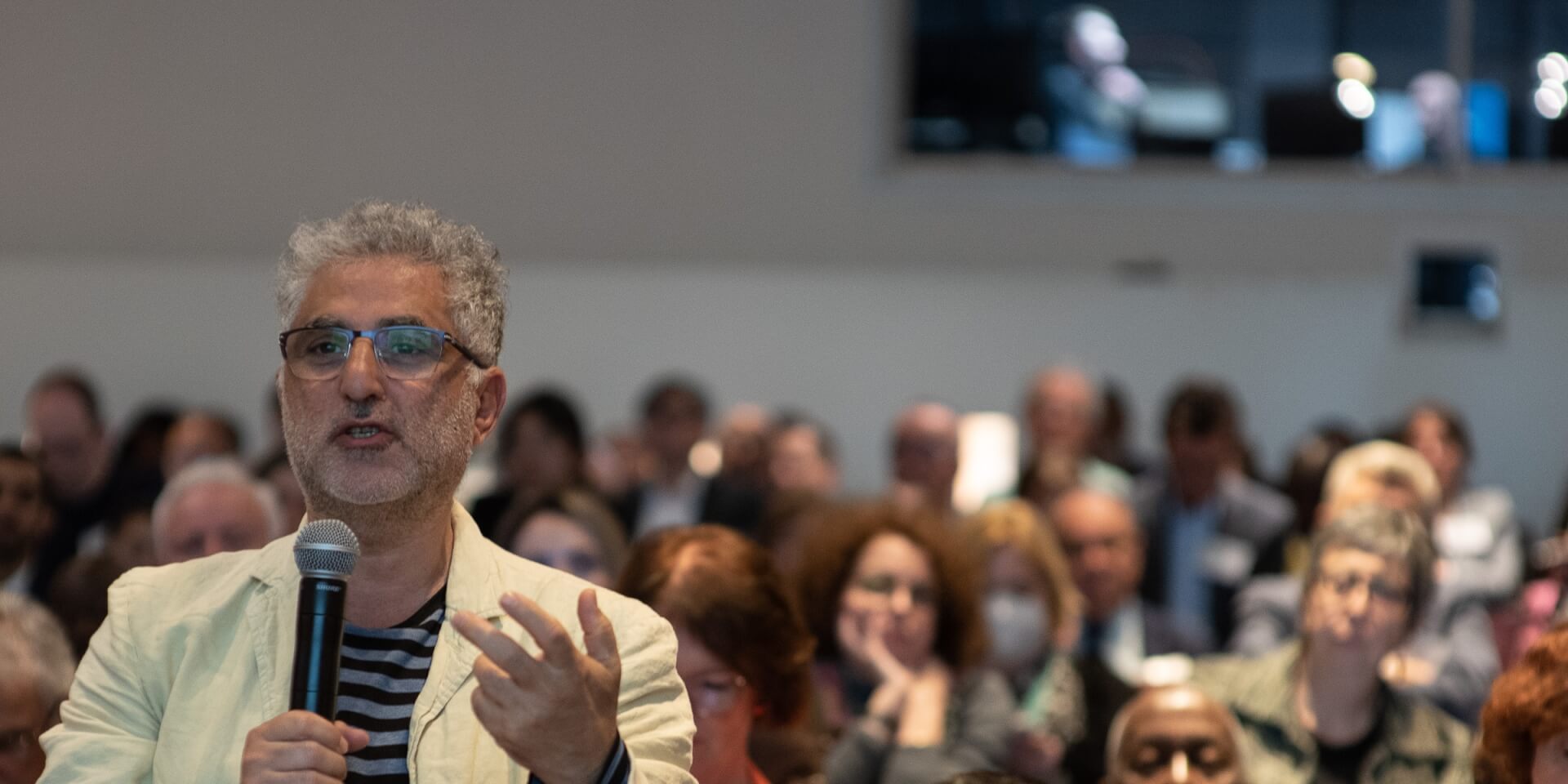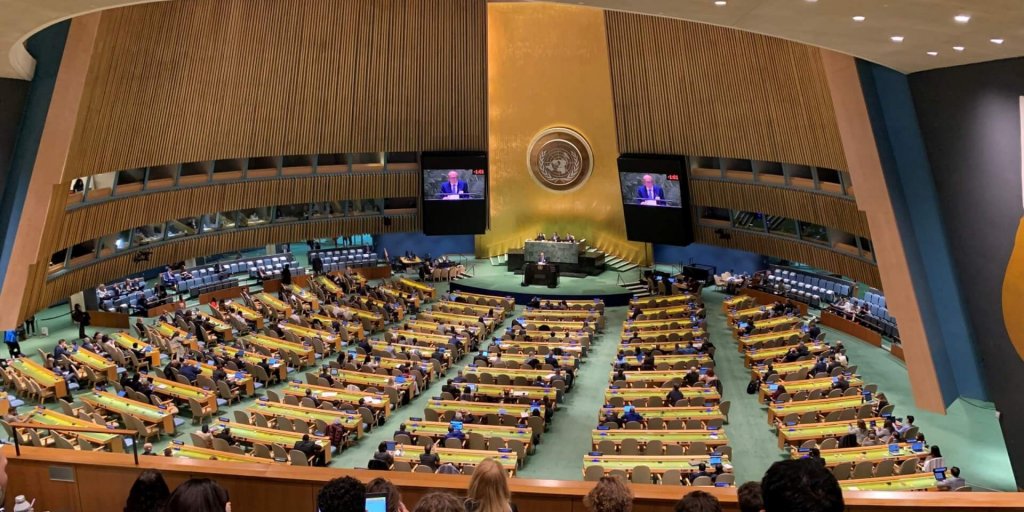
In the “ISC and the Multilateral System” session in Paris, ISC Members also heard about the Council’s work with the UN and other multilateral organizations since the last General Assembly in 2021, and ongoing work to bolster the role of science at the international level.
Strengthening relationships with the UN and international organizations
The ISC’s position within the multilateral system is the top priority for the organization, explains Mathieu Denis, head of the ISC Centre for Science Futures – a newly founded think tank which aims to provide advice on science for policy and the future of the scientific ecosystem.
The Council is working with the UN Secretary General’s office, which is keenly interested in increasing the use of evidence in developing policy. This offers a strong opportunity for ISC Members to bring the knowledge and experience of Members into these discussions, notes ISC President Peter Gluckman.
The ISC is also working with other UN bodies on this front, including the UN Environment Programme (UNEP), with a focus on building trust in science on key issues like climate change. The new Group of Friends on Science for Action at the UN, a consortium of 25 nations led by Belgium, India and South Africa, will be an important forum for work on climate change and other issues where scientific input is vital.

Creation of a Group of Friends on Science for Action at the UN
Sizable developments are underway for improved scientific support of decision-making at the global level through the UN General Assembly Briefing on Science-Based Evidence for Sustainable Solutions, and the launch of the Group of Friends on Science for Action at the UN.
The Group’s major focus is to ensure that the UN uses evidence more effectively in policy deliberation, Gluckman explains. To do that, the Group will facilitate informal discussions and open exchange of knowledge between countries, with support and guidance from the ISC and global scientists.
Gluckman encouraged ISC Members to urge their countries to get involved with the Group of Friends, which all UN Member States can join.
ISC Members offer critical advice on urgent issues
The ISC has a unique ability to quickly mobilize multidisciplinary scientists from around the world, Gluckman says.
One of the international organizations making use of the expertise of ISC Members is the UNEP, which has asked Members to nominate experts to a panel that will identify priority environmental problems for policy-makers to address, and will advise the UN Environment Assembly – the top international body for environmental policy.
ISC Members also nominated experts and provided advice for a policy brief that informed discussions at the 2023 UN Water Conference, at the request of UN General Assembly President Csaba Kőrösi.

Policy Brief: UN 2023 Water Conference
This policy brief of the International Science Council (ISC) for the UN 2023 Water Conference highlights the importance of science and the importance of actionable knowledge in responding to current global water crises as well as emerging and future challenges.
The ISC is also working with the Organisation for Economic Co-operation and Development (OECD) and other UN agencies, and plans to launch a new section specifically to manage frequent requests from the UN.
Complex problems require multiple lenses, Gluckkman says – and on issues like climate change, in addition to the hard evidence to measure the problem and target solutions, there’s a pressing need for scientists of all disciplines, and in particular social sciences: “The science we really need now on climate change is social science: how to get policy makers to listen to a risk assessment, how we get behavioural changes in communities,” he notes.
Above all, greater input from scientists will not only help make better policy – it’s an obligation for the field, argues ISC CEO Salvatore Aricò: “Scientists have a moral responsibility to contribute and to inform society and ensure that important decisions are informed and scientifically sound.”
Image by Jason Gardner.